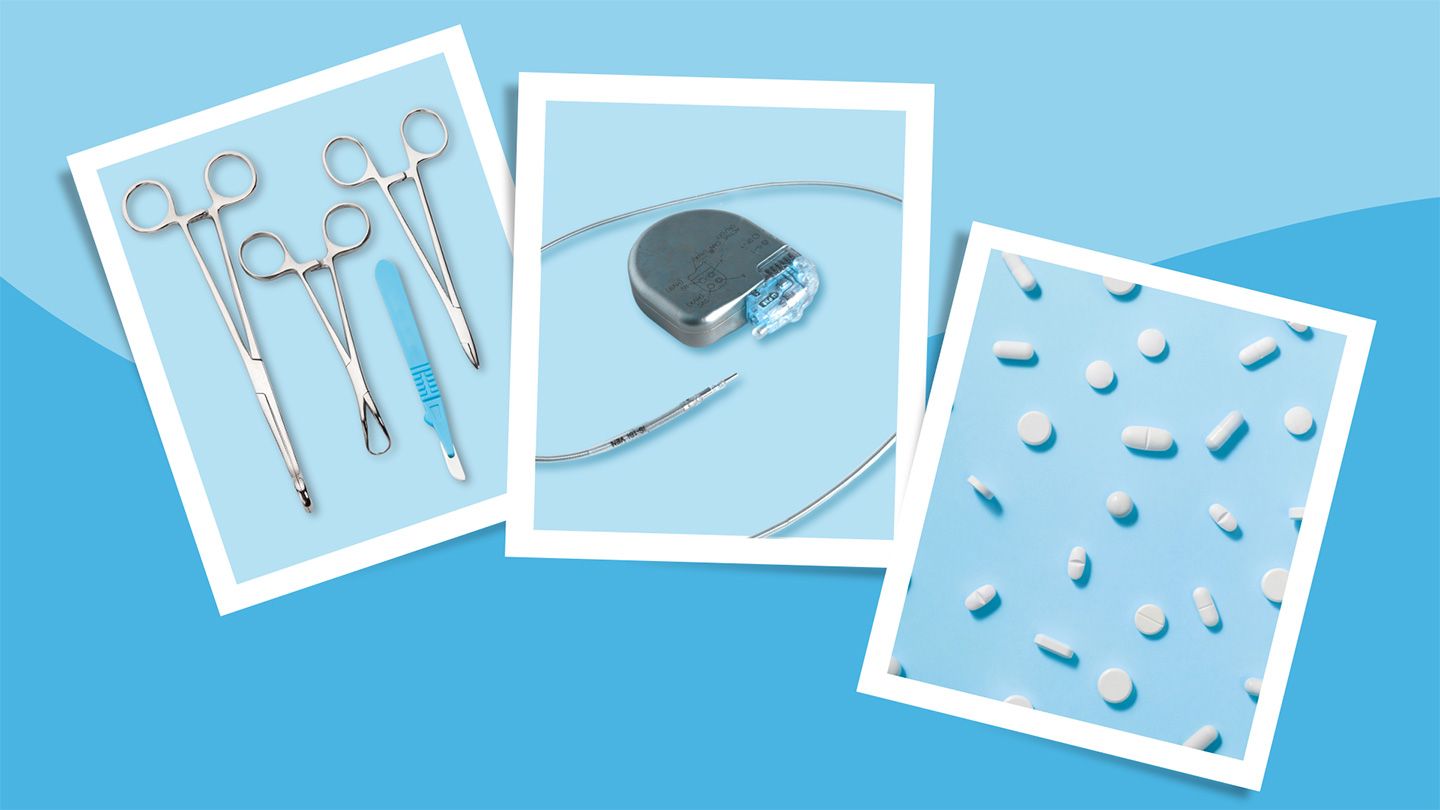During or after a heart attack, your doctor may start you on one or more medications to break up blood clots, prevent future clots, or keep a partial blockage from getting worse.
“Anyone with a prior allergy to these medications or bleeding complications should be sure to bring up these elements of their medical history to their treating doctor,” says Leila Haghighat, MD, a cardiologist with University of California San Francisco’s department of medicine.
Thrombolytics
These medications work to quickly dissolve any blood clot that may be causing the blockage. They’re given as an intravenous (IV) infusion through a tube.
- alteplase (Acitvase)
- anistreplase (Eminase)
- reteplase (Retavase)
- tenecteplase (TNKase)
- urokinase (Abbokinase)
Anticoagulants
These drugs are known as blood thinners and reduce your blood’s ability to clot. They may prevent existing clots from growing larger and causing more serious problems.
- Heparin This is the most common anticoagulant used after heart attacks. It is given by IV or subcutaneous (under the skin) injection. Unfractioned heparin (UFH) is stronger and acts faster than low-molecular weight heparin (LMWH). UFH use requires close monitoring, as its effects vary by person, while LMWH may last longer and be more predictable. The synthetic medication fondaparinux also may be an option to prevent rather than treat blood clots.
- Direct Thrombin Inhibitors These alternatives to heparin attach to the enzyme thrombin to prevent clotting. They include argatroban, bivalirudin, and desirudin.
Antiplatelet Drugs
Aspirin is commonly suggested for people experiencing a heart attack or symptoms of it. It stops blood clots from forming by preventing platelets from sticking together.
- cangrelor (Kengreal)
- clopidogrel (Plavix)
- prasugrel (Effient)
- ticragrelor (Brilinta)
As with many heart attack medications, bleeding could be an issue with antiplatelet drugs, says Todd Brown, MD, professor of medicine in the cardiovascular disease division of the University of Alabama at Birmingham and a board member of the American Association of Cardiovascular and Pulmonary Rehabilitation.
- eptifibatide (Integrilin)
- tirofiban (Aggrastat)
Beta-Blockers
- acebutolol
- atenolol (Tenormin)
- bisoprolol (Zebeta)
- carvedilol (Coreg, Coreg CR)
- metoprolol (Lopressor, Toprol XL)
- nadolol (Corgard)
- nebivolol (Bystolic)
- propranolol (Hemangeol, Inderal LA, Innopran XL)
ACE Inhibitors
They are popular medications, but they come with some risks.
“ACE inhibitors lower blood pressure but can also have a dangerous side effect called angioedema, where swelling of the face, lips, and tongue can develop,” Dr. Brown says.
- benazepril (Lotensin)
- captopril (Capoten)
- enalapril (Vasotec)
- fosinopril (Monopril)
- lisinopril (Zestril)
- moexipril (Univasc)
- perindopril (Aceon, Coversyl, Coversum)
- quinapril (Accupril)
- ramipril (Altace)
- trandolapril
Aldosterone Antagonists
Medications in this class include:
- eplerenone (Inspra)
- finerenone (Kerendia)
- spironolactone (Aldactone, CaroSpir)
Statins
“Statin medications are generally safe but can cause muscle aches in some patients and can very rarely affect the liver,” Brown says.
- atorvastatin (Lipitor)
- fluvastatin (Lescol)
- pravastatin (Pravachol)
- rosuvastatin (Crestor)
- simvastatin (Zocor)
Read the full article here




